I learned about the hole in the ozone layer in primary school. I imagined the ozone as a type of force field protecting us from the sun. Perhaps this was the result of too many superhero comics picked up at the school “sale of work”, if you remember those! Nonetheless, said hole was a scary prospect for a child.
To recap on this period of our recent past; the depletion of the ozone layer is caused by human-made gases called chlorofluorocarbons (CFCs).We don’t talk about CFCs and their contribution to climate change much anymore. Why? Because the Montreal Protocol, in force since 1989, curbed and banned their use. According to the United Nations, this agreement is the only one of their treaties ratified by all countries on earth.
Forecasts suggest that the hole over the Antarctic will disappear between 2060 and 2080. While CFCs no longer scare small children, the numbers are still pretty stark – 59 years of damage takes 91 years to recover.
The George Harrison song Got my Mind Set on You played in my mind as I contemplated this; “It’s gonna take time. A whole lot of precious time.” COP26 may have ended without a Montreal-style agreement, but perhaps when countries regroup with their “increased ambition” plans, these will support the 1.50C target.
Our own Climate Plan outlines how we will endeavour to reach ours and verse one resonates, “but it’s gonna take money, a whole lot of spending money”; to retrofit houses, replace cars and move to renewable energy. We are looking for your views, actions and ideas as to how this can be achieved in rural Ireland – www.ifj.ie/rural-climate
Women-only KT! Why?
Both time and investment are needed to precipitate change, coupled with an inclination for change. I went to the Nuffield conference last Friday. A friend from my current college course, interested in the scholarship, looked it up on the website and social media. He concluded that it was an “all-boys club”. I was pretty horrified that this was the impression of a non-agricultural on-looker.
However, his view is not entirely unfair as only 21% [23] of the scholars to date have been women. And 70% of those have been awarded since I got mine 10 years ago. This change has come about because the board took action and sought out women to apply. There is no guarantee of success in the interview process for either gender but you can’t select from an empty panel.
It is often a lack of confidence that stops people applying (for many things). Grainne Dwyer was the first Irish woman to be awarded a Nuffield scholarship. Her project was entitled “Women: Access to Agriculture”.
Grainne told me after the event that she was delighted to see a recommendation from her report come to fruition with Minister McConologue’s introduction of women-only knowledge transfer (KT) groups.
The theory supporting such groups is to help women gain that confidence. Grainne was interviewed by Mairead McGuinness on Ear to the Ground on this topic in 2001. This has been 20 years coming. A whole lot of precious time!
Read more
Farmers can show strength in solidarity despite negativity
Wanted: your views on climate targets and rural homes
I learned about the hole in the ozone layer in primary school. I imagined the ozone as a type of force field protecting us from the sun. Perhaps this was the result of too many superhero comics picked up at the school “sale of work”, if you remember those! Nonetheless, said hole was a scary prospect for a child.
To recap on this period of our recent past; the depletion of the ozone layer is caused by human-made gases called chlorofluorocarbons (CFCs).We don’t talk about CFCs and their contribution to climate change much anymore. Why? Because the Montreal Protocol, in force since 1989, curbed and banned their use. According to the United Nations, this agreement is the only one of their treaties ratified by all countries on earth.
Forecasts suggest that the hole over the Antarctic will disappear between 2060 and 2080. While CFCs no longer scare small children, the numbers are still pretty stark – 59 years of damage takes 91 years to recover.
The George Harrison song Got my Mind Set on You played in my mind as I contemplated this; “It’s gonna take time. A whole lot of precious time.” COP26 may have ended without a Montreal-style agreement, but perhaps when countries regroup with their “increased ambition” plans, these will support the 1.50C target.
Our own Climate Plan outlines how we will endeavour to reach ours and verse one resonates, “but it’s gonna take money, a whole lot of spending money”; to retrofit houses, replace cars and move to renewable energy. We are looking for your views, actions and ideas as to how this can be achieved in rural Ireland – www.ifj.ie/rural-climate
Women-only KT! Why?
Both time and investment are needed to precipitate change, coupled with an inclination for change. I went to the Nuffield conference last Friday. A friend from my current college course, interested in the scholarship, looked it up on the website and social media. He concluded that it was an “all-boys club”. I was pretty horrified that this was the impression of a non-agricultural on-looker.
However, his view is not entirely unfair as only 21% [23] of the scholars to date have been women. And 70% of those have been awarded since I got mine 10 years ago. This change has come about because the board took action and sought out women to apply. There is no guarantee of success in the interview process for either gender but you can’t select from an empty panel.
It is often a lack of confidence that stops people applying (for many things). Grainne Dwyer was the first Irish woman to be awarded a Nuffield scholarship. Her project was entitled “Women: Access to Agriculture”.
Grainne told me after the event that she was delighted to see a recommendation from her report come to fruition with Minister McConologue’s introduction of women-only knowledge transfer (KT) groups.
The theory supporting such groups is to help women gain that confidence. Grainne was interviewed by Mairead McGuinness on Ear to the Ground on this topic in 2001. This has been 20 years coming. A whole lot of precious time!
Read more
Farmers can show strength in solidarity despite negativity
Wanted: your views on climate targets and rural homes




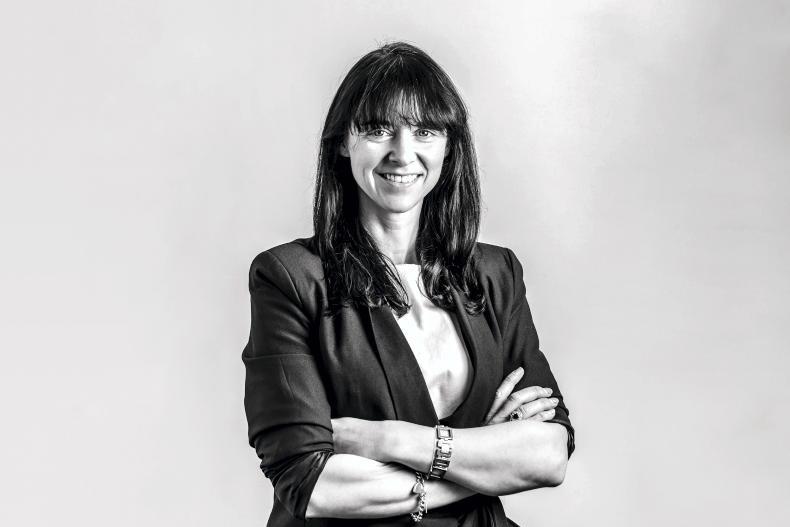

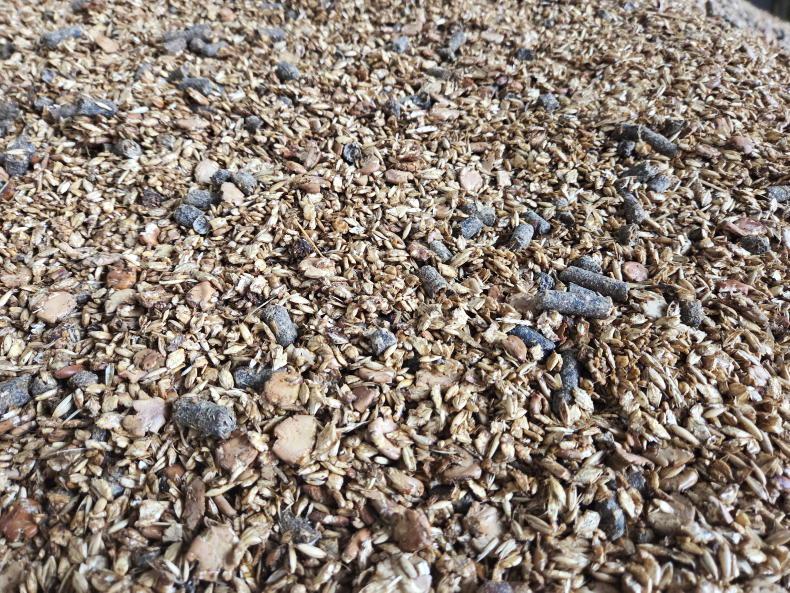
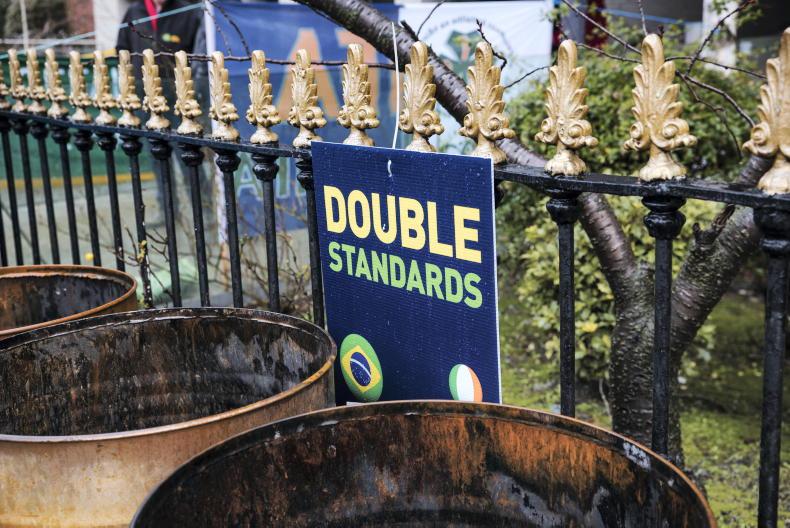
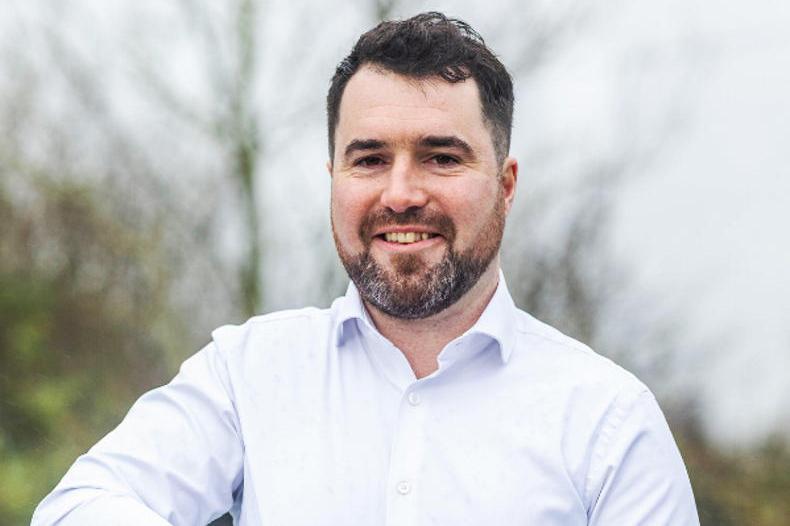
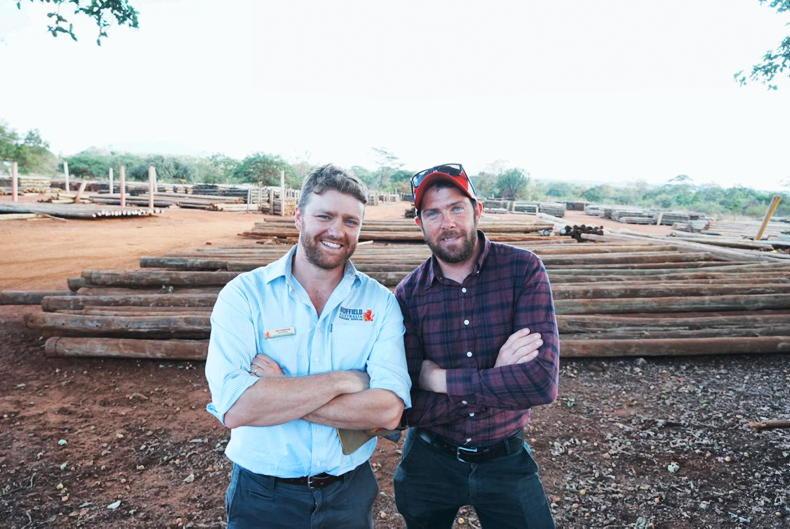
SHARING OPTIONS